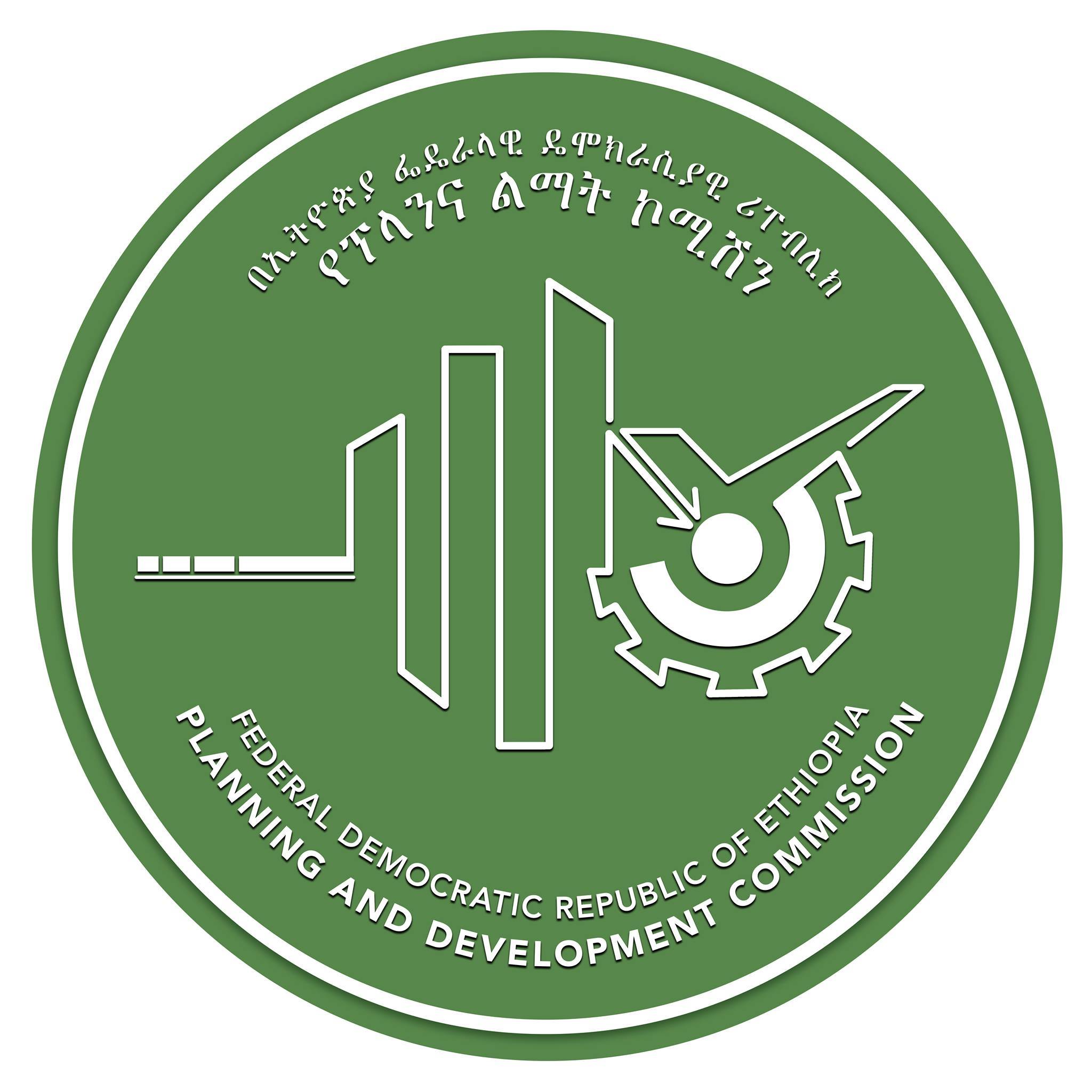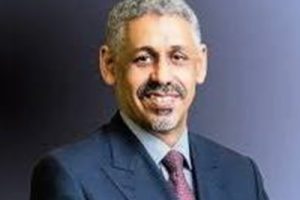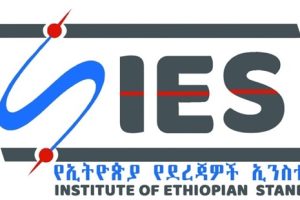
BY ESSEYE MENGISTE
ADDIS ABABA—National Planning Commission stated that the reform undertaken and the 10 year National Perspective Plan (NPP) have targeted at ensuring a comprehensive economic, social, administrative and institutional developments thereby transforming country’s overall growth and prosperity.
National Planning Commission Minister, Dr. Fitsum Assefa, noted that the source of growth has now shifted from the public sector-led construction to multi-sector sorts of growth in all directions to further foster the homegrown economic reform.
The 10-year plan appears to be an African beacon of prosperity by 2030 having a vision of achieving overarching goals towards ensuring shared prosperity in all dimensions where every citizen can get share of the cake.
For this to happen, the past economy should stay in the high growth trajectory and we have targeted at registering average GDP growth over the 10 years’ time and this will enable to halve poverty. Bedsides, it would help register per capita GDP of 2200 USD by which Ethiopia can be positioned at middle-income country’s level which is actually double the current per capita income. Unemployment is also planned to be dwindled down to less than nine percent.
In fact other goals are also included on the side of infrastructure over the coming 10 years social goals which touch the lives of citizens such as health, education etc. aligning with the sustainable development goals.
The Africa agenda 2063 are also included to improve citizens’ lives and livelihoods revolving around crucial pillars, among others, quality economic growth and shared prosperity, addressing lack productivity and competitiveness in all sectors, sustainable development, technological capacity and digital economy, bringing the private sector to the forefront, building resilient green economy and institutional transformation, she added.
“We have already started integrating through infrastructure roads, rail energy and then we will continue with for instance the continental free trade area. We have been witnessing good progress along that line at least in the form of crafting proper policies, revising policies, introducing new directives and policies on those areas.”
Dr. Fitsum further explained that the homegrown economic reforms have been focusing on those five sectors in terms of removing the bottlenecks and unlocking the potential for structural transformation to happen.
Now the government wants to have a better and smooth environment for the private sector to have honored partnership for common change.
according to her, the reforms in the state-owned enterprises, the energy sector liberalization, the telecom sector, liberalization the finance sector, reform finance to the rural farmers and allowing farmers to use their cattle their goats, camel, and the crop on the field as collateral to raise financial borrowing are the viable ways to bring about the desired change.
“This reform work will also enhance enabling environment for the private sector to flourish and going forward for the long term strategic directions as we are working towards the development of homegrown skills and knowledge to sustain Ethiopia’s growth. Hence, we recognize the role that foreign capital know-how, technology and experience play in achieving the goals in due course of implementing the plan,” she opined.
The Ethiopian herald January 10/2021





